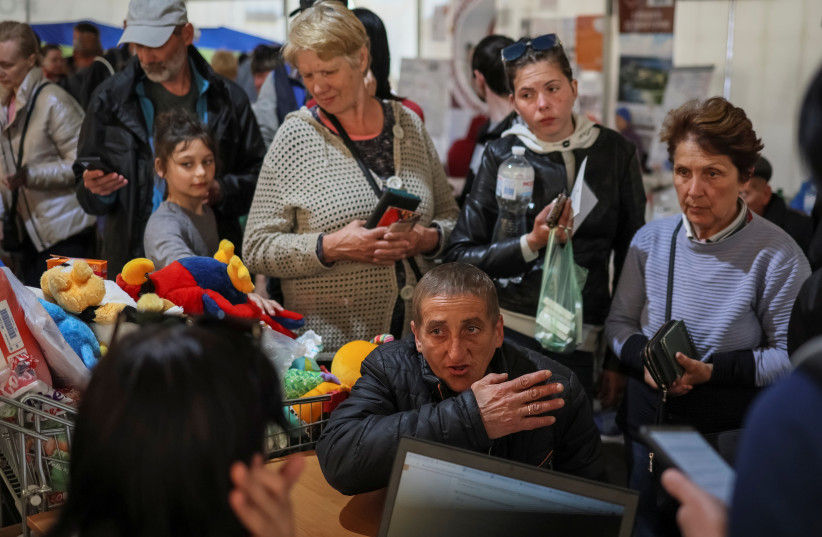More than seven months have passed since Russian President Vladimir Putin decided to invade Ukraine. Russia assumed they would be able to swoop in, seize the capital, and have a puppet state all before dinner time. Instead, caught off guard by the will of the Ukrainian people and the blunders of his men, Putin has placed himself in a war of attrition. If his goal was a global display of dominance, he has failed spectacularly.
The invasion of Ukraine presented an opportunity for Europe to come to grips with its overreliance on Russian energy. European Union nations have shrunk away from energy independence for years, groveling to projects such as Nord Stream 1 and Nord Stream 2. These pipelines only further enriched Russia while Europe shuttered nuclear plants and turned to more coal, all in the name of some absurdist definition of clean energy,
Rather than decoupling from Russia, for instance, Belgium has continued to move towards scheduled shutdowns of nuclear facilities. Germany is opting to put in place price caps, ignoring the root of its cost woes. Finally, in a display of absolute tone deafness, the EU moved to regulate phone chargers across the coalition.
Russia is not hiding its intentions, engaging in a complete cultural and ethnic redesign of seized lands. Holding sham elections, requiring the use of the ruble, replacing all displays of the Ukrainian language, and handing out Russian passports, Russia plans to make its captives permanent Russians. In Crimea, there are reports of the Tatar ethnic minority being disproportionately drafted to fight against the nation they call home. Putin sees this as a twisted win-win, either the Tatars flee Ukraine or get sent to the front lines.
The international community is responsible for calling Russia’s actions what they are, an insult to the modern world. Europe has an obligation to separate itself from Russia’s sphere of influence. Still, it can only do so much when Putin can turn off the lights, which is why it is jarring to see Europe not take the steps necessary to move to other fuel providers or generation. Within Europe, there are some bright spots in this effort.

Sweden and Italy
New leadership is coming in Sweden and Italy, both coming in on a wave of right-leaning election victories. Giorgia Meloni and her Brothers of Italy party and the Sweden Democrats do not see eye to eye on everything, but they are both proponents of nuclear energy. If they can partner with other pro-nuclear nations within the EU, Europe might be able to alter its course.
This is not an impossible task. France announced the opening of several new nuclear facilities; the nation currently gets around 70% of its energy from nuclear power generation. In this instance, France can serve as a model for the direction of energy independence. French President Emmanuel Macron has been a stark critic of Putin’s invasion, and his ability not to need Russian fuel aids that ability to speak out.
Europe is spiraling towards a crossroads, and it may be too late to prevent a harsh winter. If Russian throttles the power they still allow into Europe, the EU will have no one to blame for its struggles but itself.
The writer is engagement chair for the Young Republicans National Federation, and is pursuing a master’s in public policy (environmental policy) at Arizona State University.
